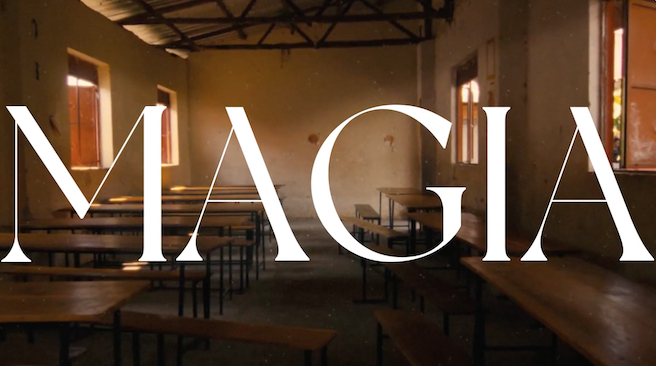Nicaragua’s economy will grow from 5% to 7% in 2021, according to the Central Bank

Managua, September 10 (EFE). – Nicaragua’s GDP will rise between 5% and 7% in 2021, the first year of growth after three consecutive years of closing with a red balance, it was reported Friday. Central Bank of Nicaragua.
“We can end the year growing, instead of 4% or 6% as we expected, between 5% and 7% of growth,” said Ovidio Reyes, president of the Central Bank of Nicaragua, in a written statement.
The official explained that Nicaragua’s economy will grow more than expected – initially projected at 0.5% and then updated between 4% and 6% – based on the behavior of GDP in the first half of the year.
He pointed out that the gross domestic product grew in the first quarter by 3.8% and in the second quarter by 16.7%.
“If we go in the direction that we think may take the economy in the following quarters, at 4%, the economy will end this year with 7% growth,” he noted.
There has been overall growth in all production sectors and in spending sectors, including household consumption spending, central government consumption, as well as collective and individual consumption, Reyes said.
“We see growth in both public investment spending, private investment and gross fixed capital formation in general,” he added.
Among the sectors of the economy that had the best behavior until the first semester, the head of the Central Bank mentioned mining and quarrying (55% growth), construction (30.4%), manufacturing (19.2%), and trade (16.8). %), fishing and aquaculture (14.6%).
Reyes said the economy is entering a strong dynamic of growth and recovery, in line with what is happening in Central America and major industrial economies.
He stressed that “our country is doing well economically, as it enjoys financial health, in addition to providing job opportunities and low and medium inflation.”
The Nicaraguan economy has contracted in the past three years at an average of -3.03% per year.
Gross domestic product fell 2.0% in 2020 as a result of the outbreak of the COVID-19 pandemic and the damage caused by Hurricanes Eta and Eta, last November, according to the central bank.
In 2019, it decreased by 3.7% and 3.4% in 2018, as a result of the social and political crisis that affected the country for 41 months, according to the Monetary Authority.
lfp / av / eat
© EFE 2021. Redistribution and retransmission of all or part of the contents of the Efe Services, without the prior and express consent of Agencia EFE SA, is expressly prohibited.

“Award-winning zombie scholar. Music practitioner. Food expert. Troublemaker.”









